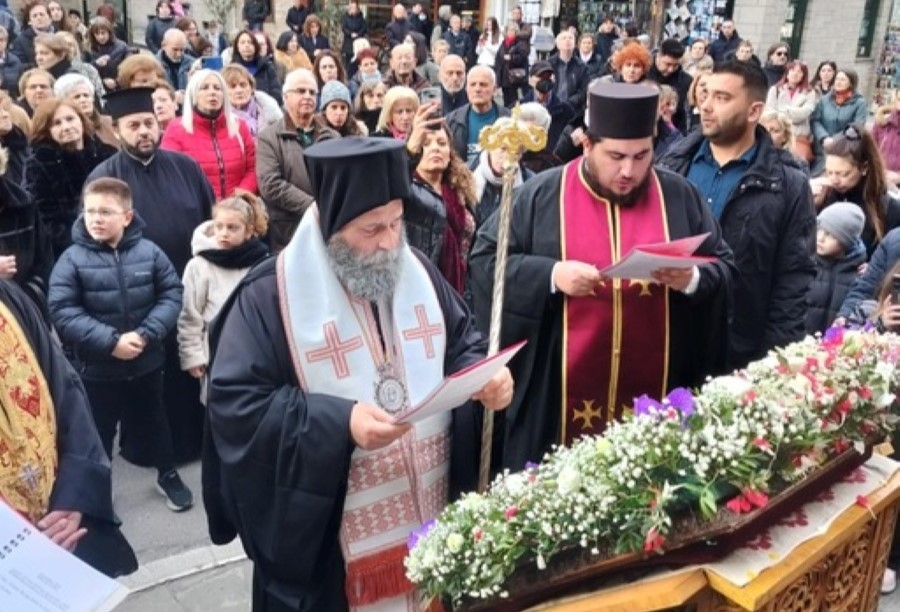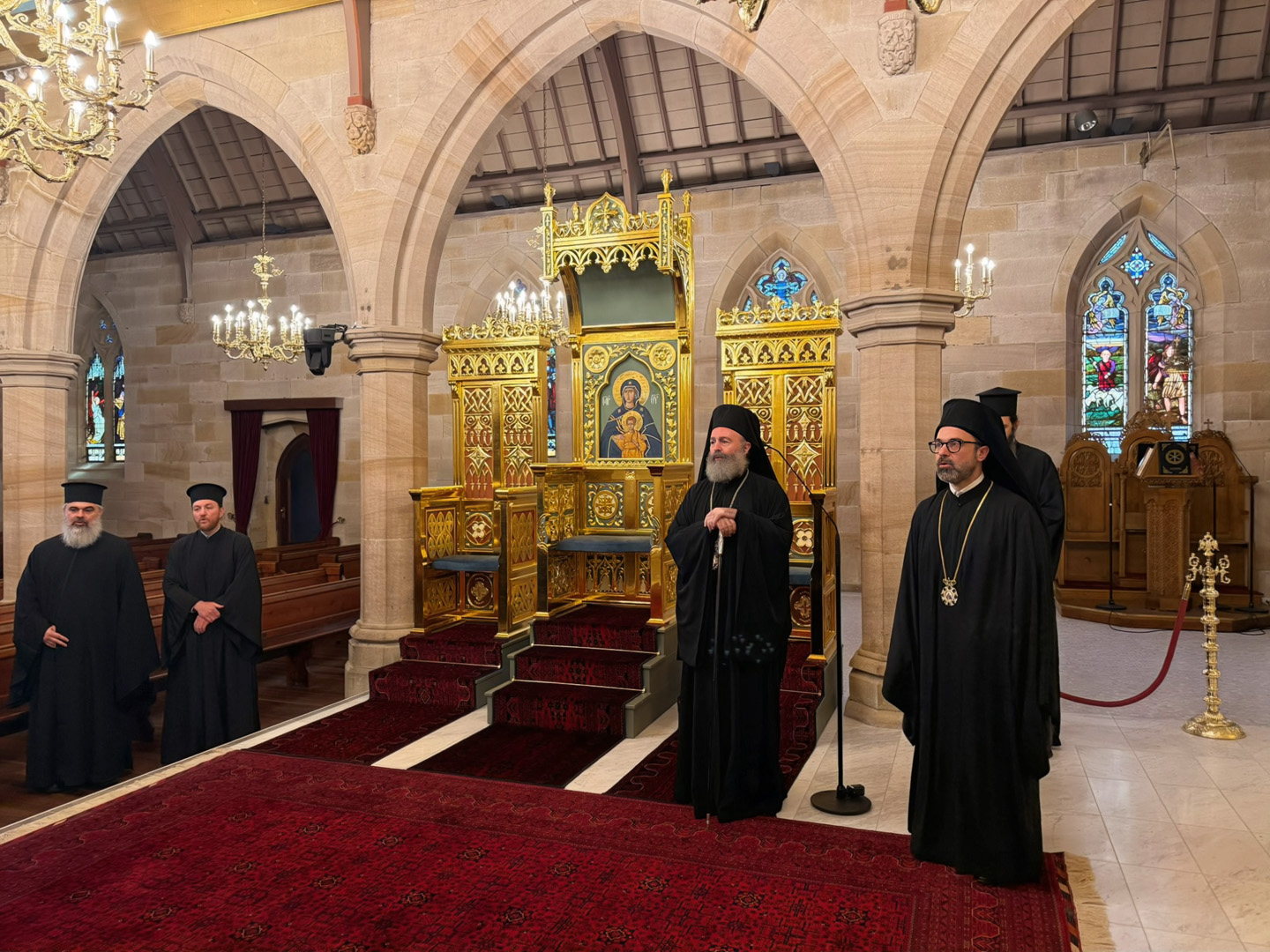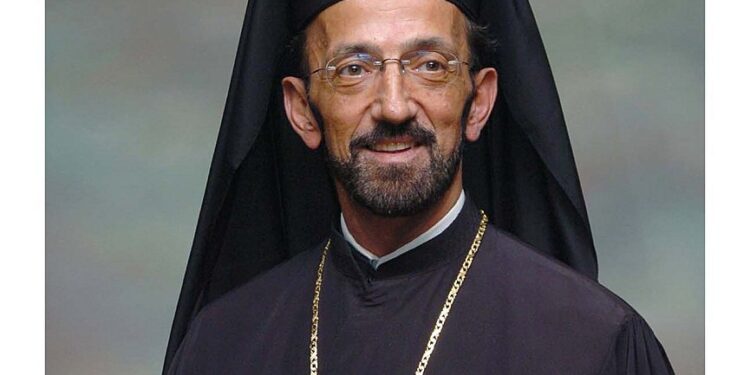Venerable Isaac, founder of the Dalmatian Monastery at Constantinople (30 May)


Saint Isaac lived during the fourth century, received monastic tonsure and pursued ascetic labors in the desert. During the reign of the emperor Valens (364-378), a zealous adherent of the Arian heresy, there was a persecution of the Orthodox, and churches were closed and destroyed.
Hearing of the persecution, Saint Isaac left the wilderness and went to Constantinople to console and encourage the Orthodox, and to fight against the heretics. At that time, barbarian Goths along the River Danube were making war against the Empire. They seized Thrace and advanced toward Constantinople.
When the emperor Valens was leaving the capital with his soldiers, Saint Isaac cried out, “Emperor, unlock the churches of the Orthodox, and then the Lord will aid you!” But the emperor, disdaining the words of the monk, confidently continued on his way. The saint repeated his request and prophecy three times. The angry emperor ordered Saint Isaac to be thrown into a deep ravine, filled with thorns and mud, from which it was impossible to escape.
Saint Isaac remained alive by God’s help, and he emerged, overtook the emperor and said, “You wanted to destroy me, but three angels pulled me from the mire. Hear me, open up the churches for the Orthodox and you shall defeat the enemy. If, however, you do not heed me, then you shall not return. You will be captured and burned alive.” The emperor was astonished at the saint’s boldness and ordered his attendants Saturninus and Victor to take the monk and hold him in prison until his return.
Saint Isaac’s prophecy was soon fulfilled. The Goths defeated and pursued the Greek army. The emperor and his Arian generals took refuge in a barn filled with straw, and the attackers set it afire. After news of the emperor’s death was received in Constantinople, Saint Isaac was released and honored as a prophet.
Then the holy Emperor Theodosius the Great (379-395) came to the throne. On the advice of Saturninus and Victor, he summoned the Elder, treating him with great respect. Obeying his instructions, he banished the Arians from Constantinople and restored the churches to the Orthodox. Saint Isaac wanted to return to his desert, but Saturninus and Victor begged him not to leave the city, but to remain and protect it by his prayers.
Saturninus built a monastery for the saint in Constantinople, where monks gathered around him. Saint Isaac was the monastery’s igumen and spiritual guide. He also nourished laypeople, and helped many of the poor and suffering.
When he had reached an advanced age, Saint Isaac made Saint Dalmatus (August 3) igumen. The monastery was later named for Dalmatus.
Saint Isaac died in the year 383, and his memory is also celebrated on March 22.
The righteous Isaacius was from Syria and came to Constantinople in 374, excelled in the monastic life, and departed to the Lord in 396. According to tradition, his monastery was built by Dalmatus the Patrician, a nephew of Saint Constantine the Great. But many say that the monastery was founded by Saint Isaacius, and afterwards took the name of the Abbot Dalmatus who succeeded Saint Isaacius (see Aug. 3 for an account of the life of Saints Isaacius and Dalmatus).
Yet others maintain that it received its name from both of these, and that is why its name in Greek is in the plural. According to Zonaras, the Iconoclast Emperor Constantine Copronymus later turned this monastery into a barracks: “And as for the Monastery called Palmatus, which is ancient and the oldest of all those in Constantinople, after he had expelled the monks, [the Emperor] made it a barracks for soldiers” (Chronicle, XV, 8).
The Third Ecumenical Council raised its abbot to the rank of archimandrite and exarch of the prominent monasteries of the imperial city. The famous Cathedral of Saint Isaac in Saint Petersburg is dedicated to this Saint.
Apolytikion of Isaacius of Dalmatus
Plagal of the Fourth Tone
The image of God, was faithfully preserved in you, O Father. For you took up the Cross and followed Christ. By Your actions you taught us to look beyond the flesh for it passes, rather to be concerned about the soul which is immortal. Wherefore, O Holy Isaakios, your soul rejoices with the angels.
Source: oca.org / goarch.org





